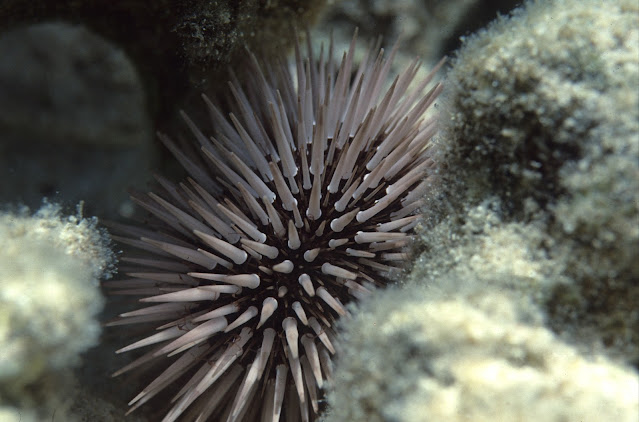From Slides to Sledding: The Playful Antics of River Otters
River otters are fascinating creatures known for their playful and acrobatic nature. These sleek and agile mammals can be found in rivers, lakes, and coastal areas across North America. With their long, streamlined bodies and webbed feet, they are perfectly adapted for life in the water. But it is their playful behavior that truly sets them apart.
The Art of Sliding: How Otters Use Their Sleek Bodies to Glide Across Ice
One of the most captivating behaviors of river otters is their sliding. Otters have been observed sliding down muddy banks, snow-covered hills, and even across ice. This behavior is not only entertaining to watch but also serves a practical purpose for the otters.
When otters slide across ice, they use their sleek bodies to glide effortlessly. Their long, muscular tails act as rudders, helping them steer and maintain balance as they slide. Their webbed feet also play a crucial role in this activity, providing traction and stability on slippery surfaces.
The Joy of Sledding: Why Otters Love to Slide and Play in the Snow
In addition to sliding on ice, otters also love to play in the snow. They can be seen rolling around, diving into snowbanks, and even engaging in snowball fights with each other. This behavior may seem purely recreational, but it serves an important purpose for the otters.
Play is an essential part of an otter's life. It helps them relieve stress, release pent-up energy, and simply have fun. Just like humans, otters need time to relax and enjoy themselves. And what better way to do that than by frolicking in the snow?
Socializing and Bonding: How Otters Use Play to Strengthen Relationships
Play is not just a solitary activity for otters; it also plays a crucial role in their social interactions. Otters use play to bond with each other, strengthen relationships, and establish social hierarchies within their groups.
When otters engage in play, they are not only having fun but also learning important social skills. They learn how to communicate with each other, establish boundaries, and resolve conflicts. Play helps them develop empathy and cooperation, which are essential for living in a group.
The Importance of Play: How Otters Use Play to Learn and Develop Essential Skills
Play is not just about having fun for otters; it is also a way for them to learn and develop essential skills. Through play, otters practice hunting techniques, develop problem-solving skills, and improve their physical abilities.
When otters engage in play fighting, they are actually practicing hunting techniques. They learn how to stalk, pounce, and capture their prey. Play also helps them develop problem-solving and critical thinking skills as they navigate obstacles and find creative solutions.
From Fishing to Frolicking: How Otters Balance Work and Play in Their Daily Lives
While play is an important part of an otter's life, it is not the only thing they do. Otters also need to hunt and survive in their environments. So how do they balance work and play?
Otters have a remarkable ability to switch between play and work mode. They know when it's time to hunt for food and when it's time to relax and have fun. This balance is crucial for their survival as it allows them to stay physically and mentally healthy.
The Science of Play: What Researchers Have Discovered About Otter Play Behavior
Scientists have been studying otter play behavior for years, trying to understand its purpose and benefits. Through their research, they have discovered some fascinating insights into the world of otter play.
Studies have shown that play is not just a recreational activity for otters; it also has numerous physiological and psychological benefits. Play helps otters release endorphins, which are natural feel-good hormones that reduce stress and promote overall well-being. It also stimulates brain development and improves cognitive function.
Playful Predators: How Otters Use Play to Hone Their Hunting Skills
While play may seem like a purely recreational activity, it actually serves a practical purpose for otters. Through play, otters practice and refine their hunting skills, making them more efficient predators.
When otters engage in play fighting, they are actually practicing their hunting techniques. They learn how to stalk, chase, and capture their prey. This playful behavior helps them develop the speed, agility, and coordination needed to be successful hunters.
The Playful Side of Conservation: How Otter Play Can Help Protect Their Endangered Species
Understanding otter play behavior is not just fascinating; it can also have important implications for conservation efforts. By studying how otters play and interact with their environments, scientists can gain valuable insights into their needs and behaviors.
This knowledge can help conservationists protect otter habitats, prevent extinction, and promote the recovery of endangered otter species. By understanding the importance of play in an otter's life, we can ensure that they have the resources and environments they need to thrive.
Celebrating the Playful Spirit of River Otters and Their Vital Role in Our Ecosystems
River otters are truly remarkable creatures with their playful nature and acrobatic abilities. Their sliding, snowball fights, and play fighting not only entertain us but also serve important purposes in their lives.
By understanding the importance of play for otters, we can appreciate their playful spirit and recognize their vital role in our ecosystems. Otters are not just cute and entertaining; they are essential for maintaining healthy aquatic ecosystems.
So let's celebrate the playful spirit of river otters and work together to protect their habitats and ensure their survival for generations to come.












0 comments:
Post a Comment